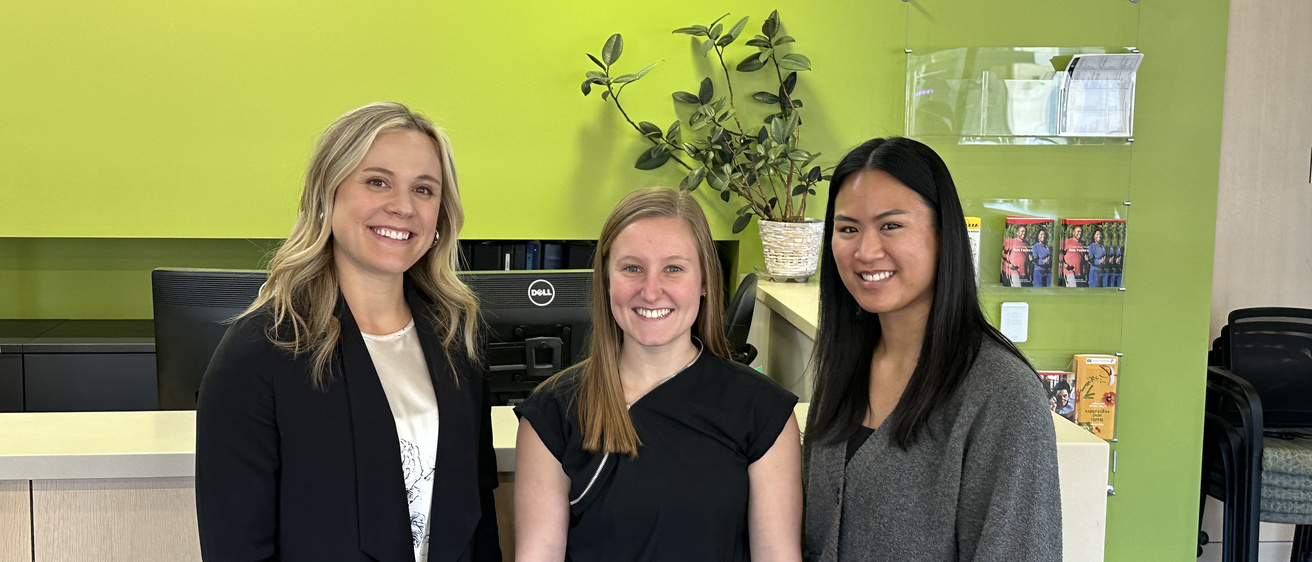The new year has arrived, and with that often comes a slew of lofty New Year's resolutions.
A 2023 Forbes Health/OnePoll survey found improved fitness (48%), finances (38%), mental health (36%), weight loss (34%), and improved diet (32%) are the most popular goals for 2024. However, the average resolution lasts just under four months before it's abandoned, the survey found.
Sara Cathi, a health coach and wellness consultant with liveWELL, isn't surprised by these results, echoing the finding that New Year's resolutions are often short-lived. Rather than relying on motivation to reach goals, Cathi suggests establishing daily habits and routines that eventually become second nature.
"Motivation is a little tricky. I always explain that motivation is kind of like the weather – it changes all the time," Cathi said. "I really encourage individuals to focus on daily habits and routines rather than focusing solely on motivation. If we shift our focus to habits and routines, then we create sustainable practices that give us positive reinforcement."
Partnering with a health coach like Cathi can help individuals set goals and outline the steps necessary to meet and sustain them. University of Iowa faculty and staff in a 50% or greater regular position are eligible for five free health coaching sessions every 12 months.
Health coaching focus areas include energy, nutrition, exercise, and stress management. Working with a health coach can help an individual develop a personal approach to well-being, set and meet goals, and build a lifelong relationship with wellness.
"Most people seek us out for physical health, like physical activity or nutrition," Cathi said. "But people also come to us saying, "Hey, I know my well-being is important, but I don't know where to start.' A health coaching session is a great place to start that conversation of what's important to you and your well-being and creating goals from there."
Cathi is one of three liveWELL health coaches. Initial appointments with a health coach last about an hour and subsequent appointments are 30 minutes. During that time, employees can set and track goals, learn to make simple and sustainable changes, overcome obstacles, and create strategies to maintain a healthy lifestyle.
Tami Diebel, an assistant director at the College of Law, sought out a health coach to help implement small steps she could take toward a healthier lifestyle. With the help of her coach, Diebel started carrying a water bottle, meal prepping, and tracking her steps.
"Even if you are not quite ready to hit the gym, taking the first step to meet with a health coach can make a difference," Diebel said. "You never know what small idea they may have for you that could adjust your behaviors and thoughts enough to kick-start your motivation."
Small and sustainable steps are key, Cathi said, to achieving long-term results.
"Typically, New Year's resolutions don't last very long, so partnering with a health coach can provide that extra support and accountability that a person may want when motivation trails off."
